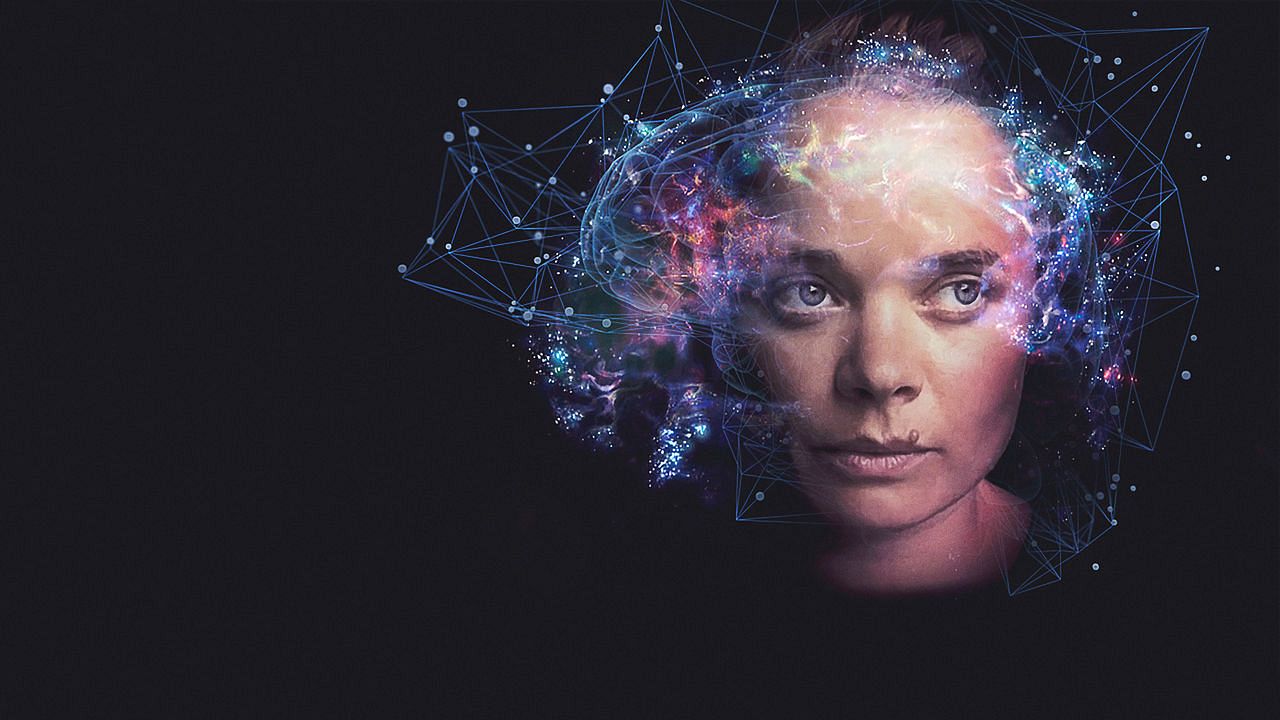After suffering from a haemorrhagic stroke in 2011, then 34-year-old Lotje Sodderland was suddenly faced with the inability to speak, read, write or perform simple tasks.
She recorded her recovery process in the 2014 award winning Netflix documentary entitled ‘My Beautiful Broken Brain’. Six years on, she shares some of her personal experiences with Delta.
What made you decide to document your recovery after your stroke?
“It was really a decision born out of choice rather than necessity. I was using my phone to record this strange, beautiful, terrifying new world and to help me remember everyday things as I had lost my short term memory.”
How is your recovery process at the moment?
“It’s been five years since the stroke and my life is wonderful now – completely different to before the stroke but it’s a lot more peaceful, meaningful and focused. I still can’t read but use communication technology to get around this. I also still have no right peripheral vision but I have grown accustomed to this.”
Aside from your functional abilities, how has this experience changed you as a person?
“Initially it was very frustrating as I was used to being a multitasking, hyper active machine. But when I came to accept the changes in my functionality I began to appreciate my limitations. Now I have to be very selective about where I choose to focus my attention, but I think in this age of contact perceptive stimulation it’s actually a gift to be forced to live peacefully.”
Have you been surprised by the success of your Netflix documentary?
“I didn’t really know what I was doing when we started making the film. I was simply trying to make sense of this sudden and dramatic confrontation with mortality and meaning. I never expected to make a documentary that would end up being watched by people all over the world on Netflix. It was completely unexpected and I’m really grateful I have been able to start a new life as a documentary maker as a result of accidentally making My Beautiful Broken Brain.”
How does it feel to know you have inspired a lot of people through sharing your journey?
“The response to the film has given meaning to the experience of making it. So many people who have suffered brain injuries have used the film to help explain what it feels like, especially those who have communication difficulties. So it was worth the sometimes painful experience of being so self-absolved in the making of the film.”
What have you learned about the brain through your experience?
“I didn’t know anything about the brain before my stroke. I learned how fundamental the brain is to our human experience, and I also learned how little we understand this most vital of organs. It’s a brave new world, and I’m so grateful to be part of the experiment.”
As part of the Explore Your Brain event at TU Delft, on March 23 at 20:00 Lotje Sodderland will be on stage to share about her experiences.



Comments are closed.